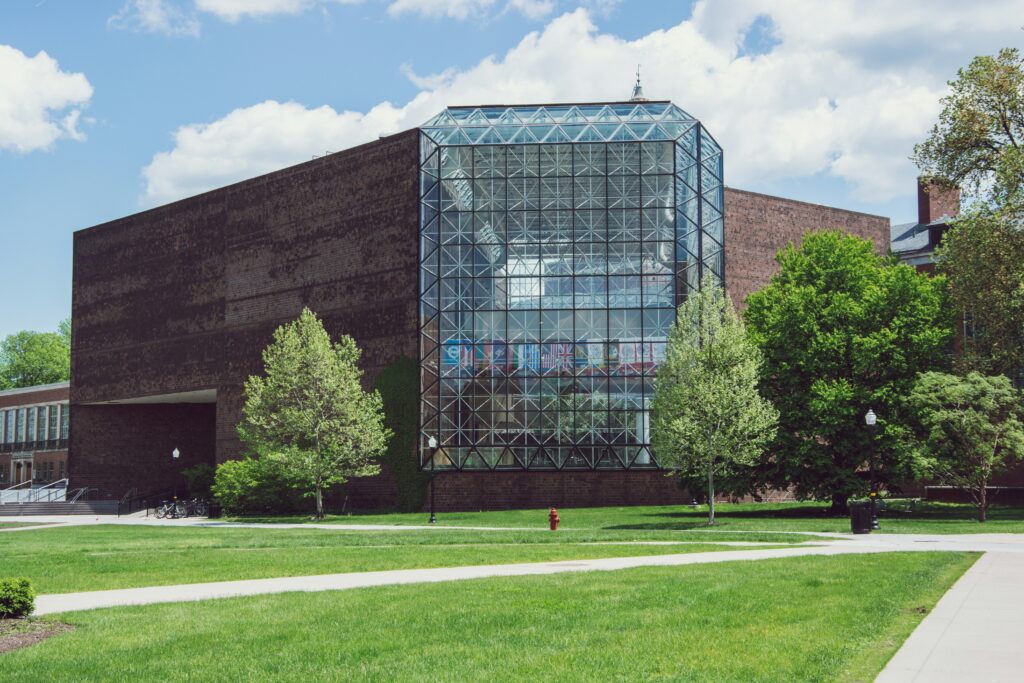
Mastering Connections for College Internships: Proven Strategies That Work
Alternate Titles Using Transition Words:
- Mastering Connections for College Internships: And Here’s How You Do It
- Mastering Connections for College Internships: Then Turn Those Networks into Opportunities
- Mastering Connections for College Internships: But Don’t Make These Mistakes
- Mastering Connections for College Internships: So You Can Land That Dream Role
- Mastering Connections for College Internships: Because Smart Networking Works
Introduction
Internships have become essential stepping stones for students seeking to enter the professional world. But landing the right internship isn’t only about GPA or a polished resume. It’s also about who you know and how effectively you build and nurture professional relationships. In this ultimate guide, we’ll explore how mastering connections for college internships can transform your academic path and career trajectory. From leveraging alumni networks to optimizing your LinkedIn profile, we’ll break down proven strategies that work.
Why Connections Matter in the Internship Hunt
Understanding the Hidden Job Market
- Up to 80% of jobs and internships are never publicly advertised.
- These roles are often filled through personal referrals and internal recommendations.
Benefits of a Strong Professional Network
- Access to insider information
- Personalized referrals
- Industry insights from seasoned professionals
Comparison Table: Traditional vs Connection-Based Internship Search
| Feature | Traditional Application | Connection-Based Approach |
|---|---|---|
| Visibility | Low (crowded applicant pool) | High (direct referral) |
| Feedback | Rarely provided | Often personalized |
| Time to Response | Slow | Faster |
| Success Rate | 1-5% | Up to 40% with referrals |
Building Connections That Count
Start with Who You Know
- Family, friends, professors, classmates
- Tap into their networks for potential opportunities
College Career Services
- Career fairs
- Resume reviews and mock interviews
- Alumni databases
Alumni Networks: A Hidden Goldmine
- Use LinkedIn to find alumni in your field
- Ask for informational interviews, not jobs
- Follow up with gratitude and questions
LinkedIn Optimization Tips
- Use a professional photo
- Write a compelling headline (e.g., “Aspiring Data Analyst | Economics Major at UCLA”)
- Add all relevant coursework, projects, and volunteer experience
- Join LinkedIn groups related to your career interest
Strategies for Outreach That Works
Crafting a Cold Email That Gets a Response
- Personalized subject line
- A brief, respectful message
- Clear ask: e.g., “I’d love to hear more about your path into consulting”
Sample Cold Email Template:
Subject: UCLA Econ Major Interested in Your Career Path
Dear [Name],
I came across your profile on LinkedIn and was impressed by your work at [Company]. As an economics student interested in consulting, I would love to learn more about your experience and ask a few questions if you have 15 minutes. Thank you!
Best, [Your Name]
Informational Interviews: A Game-Changer
- Prepare 3-5 thoughtful questions
- Keep it short (15–20 minutes)
- Send a thank-you note afterward
List: Top 5 Questions to Ask in Informational Interviews
- What does a typical day look like in your role?
- What skills are most important for success in your field?
- How did you break into the industry?
- What would you do differently if you were in college again?
- Can you suggest anyone else I should talk to?
Maximizing Events and Meetups
On-Campus Events
- Attend networking nights, industry panels, and club meetings
- Follow up with speakers and attendees
Online Networking Opportunities
- Virtual conferences, webinars, and LinkedIn Live sessions
External Link Suggestions:
Internal Link Suggestions (example placeholders):
- /career-success-strategies
- /best-linkedin-profile-tips
- /internship-cover-letter-guide
Tools and Platforms to Amplify Your Network
Top Platforms to Use
| Platform | Best For | Features |
| Professional networking | Alumni tool, job board, messaging | |
| Handshake | Student-focused internships | Verified employer listings |
| Meetup | Industry events | Topic-based groups, events |
| Slack Communities | Tech and startups | Real-time networking and job boards |
Social Media Tips for Professional Networking
- Use Twitter/X to follow thought leaders
- Create a digital portfolio or blog on Medium
- Engage professionally in comment sections
Turning Connections into Opportunities
Nurturing Relationships
- Check in every few months
- Share relevant articles or updates
- Congratulate on promotions or new roles
Following Up After an Internship
- Ask for a LinkedIn recommendation
- Stay in touch for future openings
- Express gratitude and interest in returning
Common Mistakes to Avoid
- Asking for jobs too early
- Ignoring follow-up
- Failing to personalize your messages
Hashtag to Use: #CollegeInternshipConnections
FAQs
- How can I find professionals in my industry for networking? Use LinkedIn’s alumni tool, join industry-specific groups, or attend virtual and local events.
- What should I say when reaching out to someone I don’t know? Keep it brief and polite. Mention a shared interest or affiliation and clearly state why you’re reaching out.
- Is it okay to ask for a referral during an informational interview? No. Focus on learning. Let the relationship grow before asking for referrals.
- How soon should I follow up after an initial conversation? Within 24-48 hours. Express appreciation and reference a point from your conversation.
- Do I need a large network to get an internship? Not necessarily. A small, engaged, and supportive network can be more effective than a large, passive one.
Conclusion
Mastering connections for college internships is about intention, persistence, and genuine curiosity. Every email, every handshake, and every conversation could be the stepping stone to your dream internship. Don’t wait to start building your network. Be proactive, stay authentic, and always follow through.



